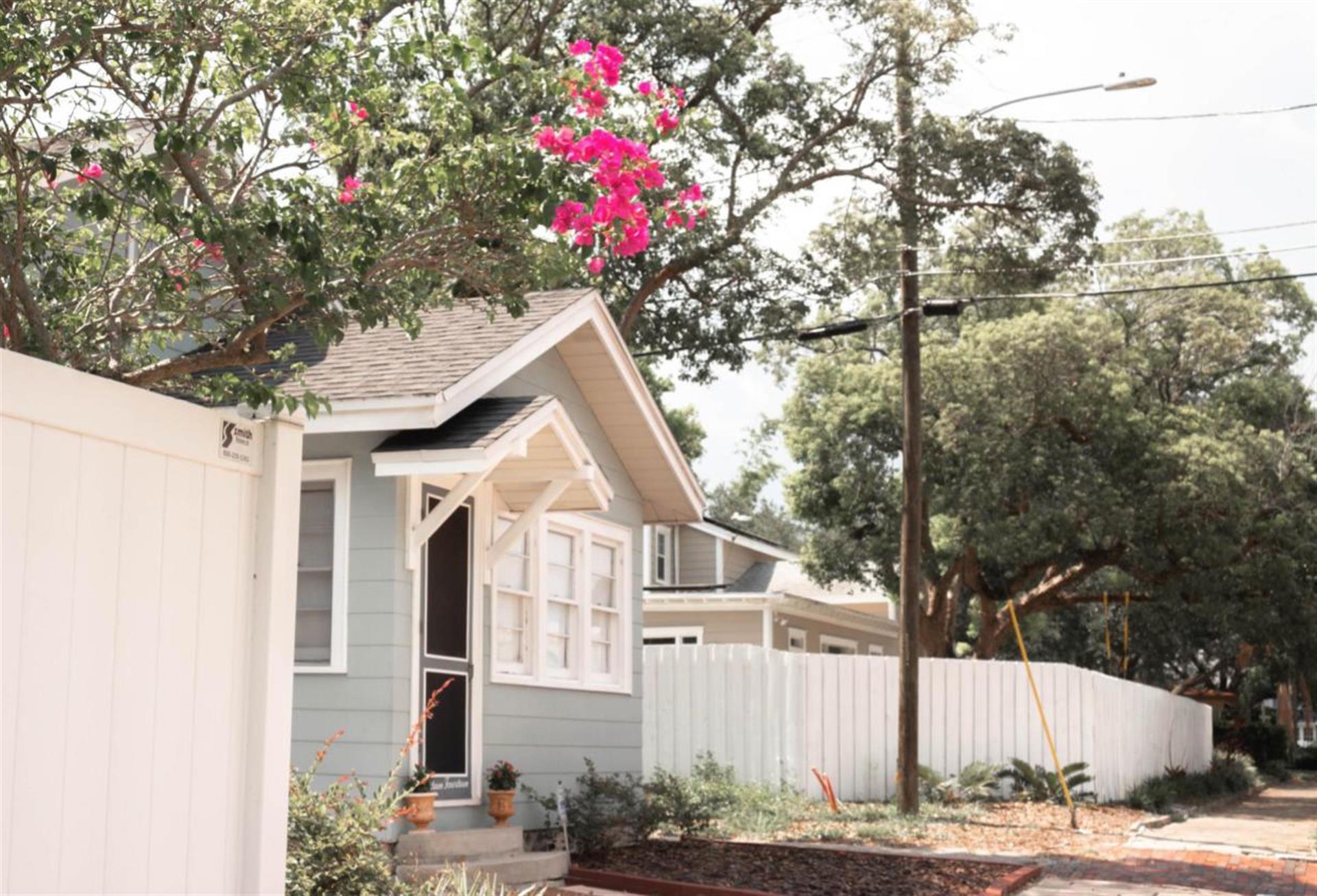Downsizing: Selling vs. Turning Your First Home Into a Rental Property

Seniors around the country are downsizing in order to simplify their lives and lower their cost of living in retirement. However, they’re not all selling their family homes. Read on to learn why keeping your family home might be the smartest choice during your downsize.
Have questions about the Newport Beach rentals real estate market? We're here to chat anytime: (949) 484-6409
The Case for Selling
Long-time homeowners have watched their home values increase dramatically in recent years. Cashing in on that equity could be just the boost your retirement fund needs. MSN notes selling also relieves seniors of high property tax bills and allows them to put a sizable down payment on their next home rather than carrying a large mortgage in retirement.
However, while your family home is rising in value, so are the smaller single-family homes and townhouses you’re eyeing for a retirement downsize. After fixing up your home, hiring professional home stagers and photographers, and paying closing costs, you could end up with less in your pocket than expected. If you are planning to sell, it’s crucial that you know what your home is worth in today’s market, and home value estimator can give you a rough idea.
While the estimates you find on the web are a helpful starting point, understanding the true value of your home requires digging deeper. The best home value reports are ones that list recent sales so you can size up your property against comparable homes. Once you know your home’s market value, estimate what you’ll spend on moving and selling to calculate how much money you’ll walk away with.
Depending on finances, you may choose to invest some of the proceeds into retirement savings while saving the remainder for a down payment or use the entire sale proceeds to buy equity in your next home. It’s important to go into home buying with a budget that reflects your income and monthly spending so you aren’t swayed by homes outside your price range. Let your calculations help you determine what you can spend on a downsized home.
When Renting is the Right Call
If you have substantial equity in your home, consider holding onto it. Converting a primary residence into a rental property is a smart way to boost income during retirement. For many long-time homeowners, that income more than covers monthly expenses. With a substantial down payment, it could be enough to take a bite out of the second home’s mortgage as well.
You might think you have no choice but to sell if you don’t have savings for a down payment, but that’s not necessarily true. It’s possible to use a home equity loan or line of credit (HELOC) to fund a down payment on a second home. However, since this involves using your first home as collateral for the second, it’s critical that you can comfortably afford both payments.
Passive income in retirement isn’t the only benefit of keeping your first home as a rental property. With local home prices continuing to skyrocket, holding onto your investment means watching it grow. That gives you the option to sell your home for an even higher price in the future or pass it down to your children or grandchildren someday.
While converting your family home into a rental property can be a financially-savvy decision, it is more complicated than selling. In addition to familiarizing yourself with landlord-tenant laws, you might need to renovate the home to appeal to renters and either hire a property management agency or take on the job of landlord yourself.
Rent or sell? Renting is a temptation, and while some retirees are up to the task, it’s not for everyone. If you’ve made the difficult decision to sell your family home, reach out to a local real estate team who can help you sell quickly and find the ideal downsized home for your budget.
Written by: Jim Vogel
Image via Unsplash
Published on Friday, January 10, 2020